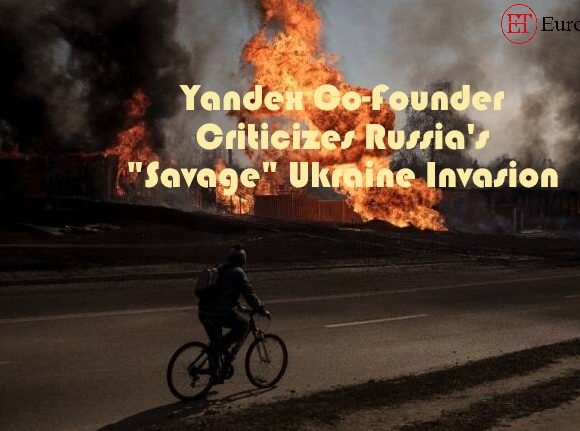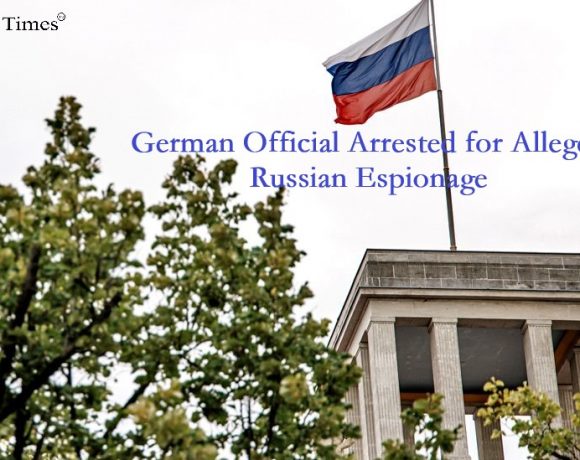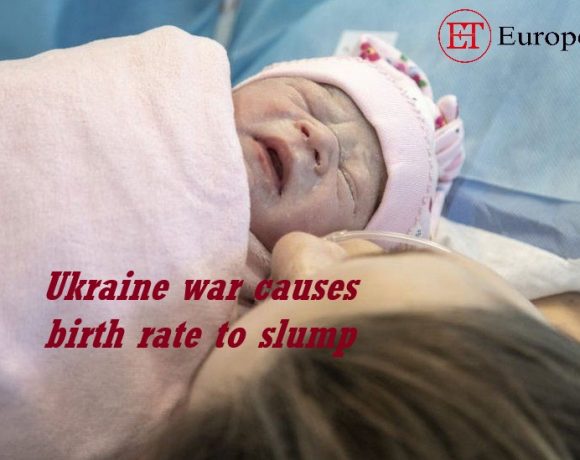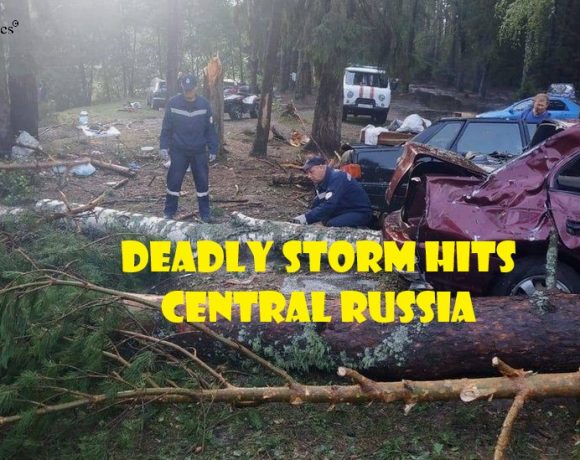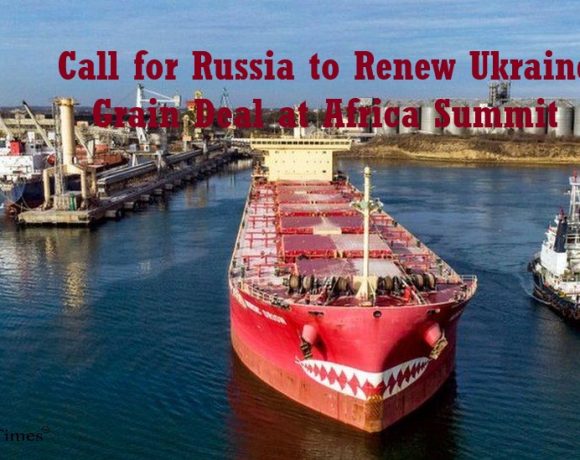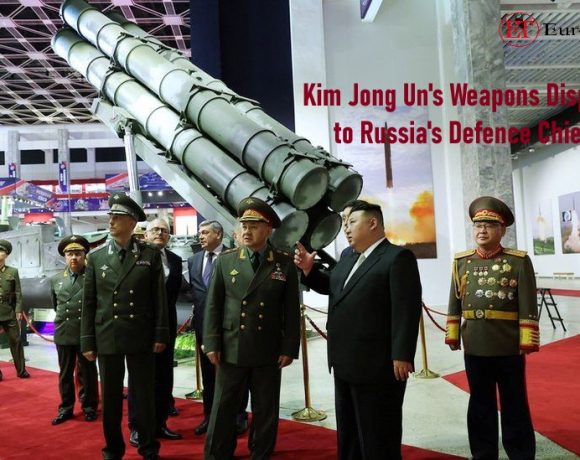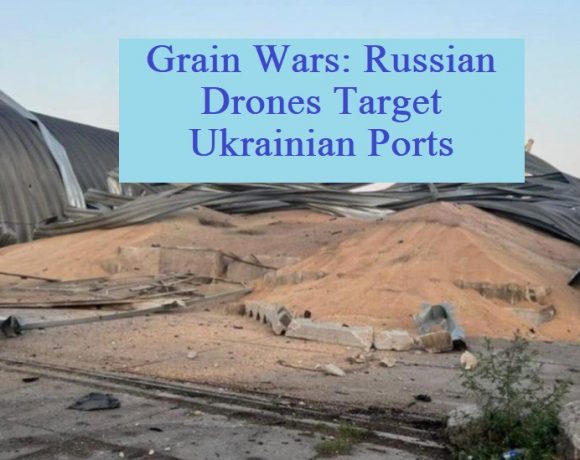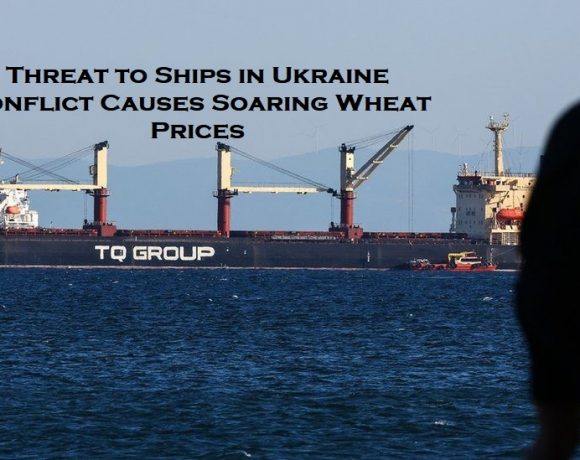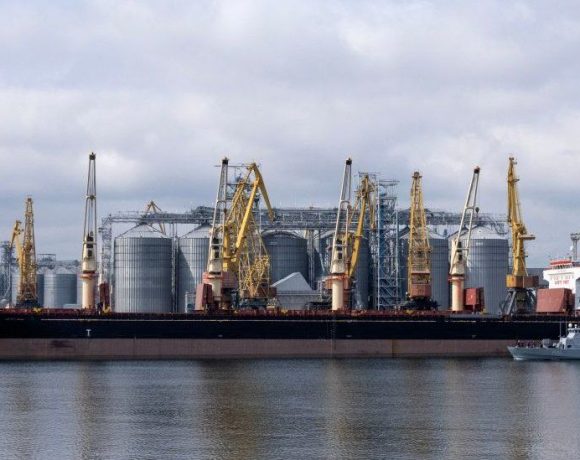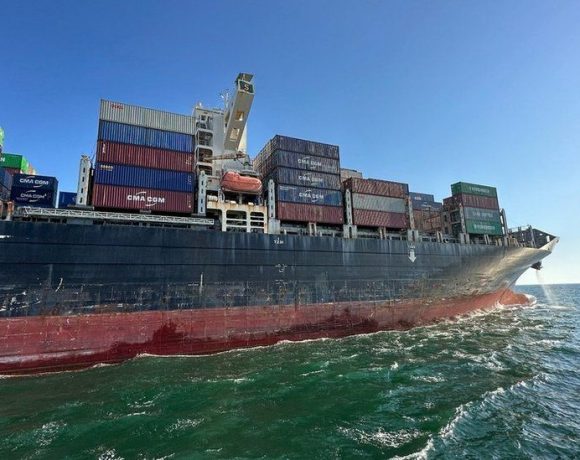
A Hong Kong-flagged merchant ship named Joseph Schulte, which had been stuck in the Ukrainian port of Odesa due to Russia’s invasion of Ukraine in February 2022, has departed the port. Despite concerns that Russia might target vessels in the Black Sea, the ship left after Kyiv announced a “humanitarian corridor” for ships in the Black Sea. This corridor was established following the collapse of a previous deal that allowed Ukraine to export grain. The ship’s departure comes after Russian air strikes reportedly damaged grain storage facilities in Reni, a port on the Danube river.
Ukrainian officials released images showing the destruction of storage facilities and crops in Reni. Despite the attacks, the port is said to be operational. Russia has not commented on these latest developments. Previously, Russia withdrew from an agreement that guaranteed safe passage for ships in the Black Sea, suggesting that ships heading to Ukrainian ports could be considered military targets.
Ukraine, a significant exporter of grain and oilseeds, has faced challenges due to the blockade, leading to global increases in food prices. In response to these threats, Ukraine established a humanitarian corridor in the Black Sea to facilitate the departure of ships from its ports. The Joseph Schulte was carrying over 30,000 tonnes of cargo, including food, and was headed to Istanbul, Turkey. The corridor is intended to help evacuate ships that have been trapped in Black Sea ports since the start of Russia’s invasion.
Meanwhile, Ukrainian forces have been conducting a counter-offensive to retake territory from Russian forces in the eastern Donetsk region. Despite receiving military equipment from Western countries, their advances have been limited. Recent clashes have led to the evacuation of many residents in the country’s east. Russia has also reported downing drones near Moscow in a series of attacks on Russian cities.
Picture Courtesy: Google/images are subject to copyright

